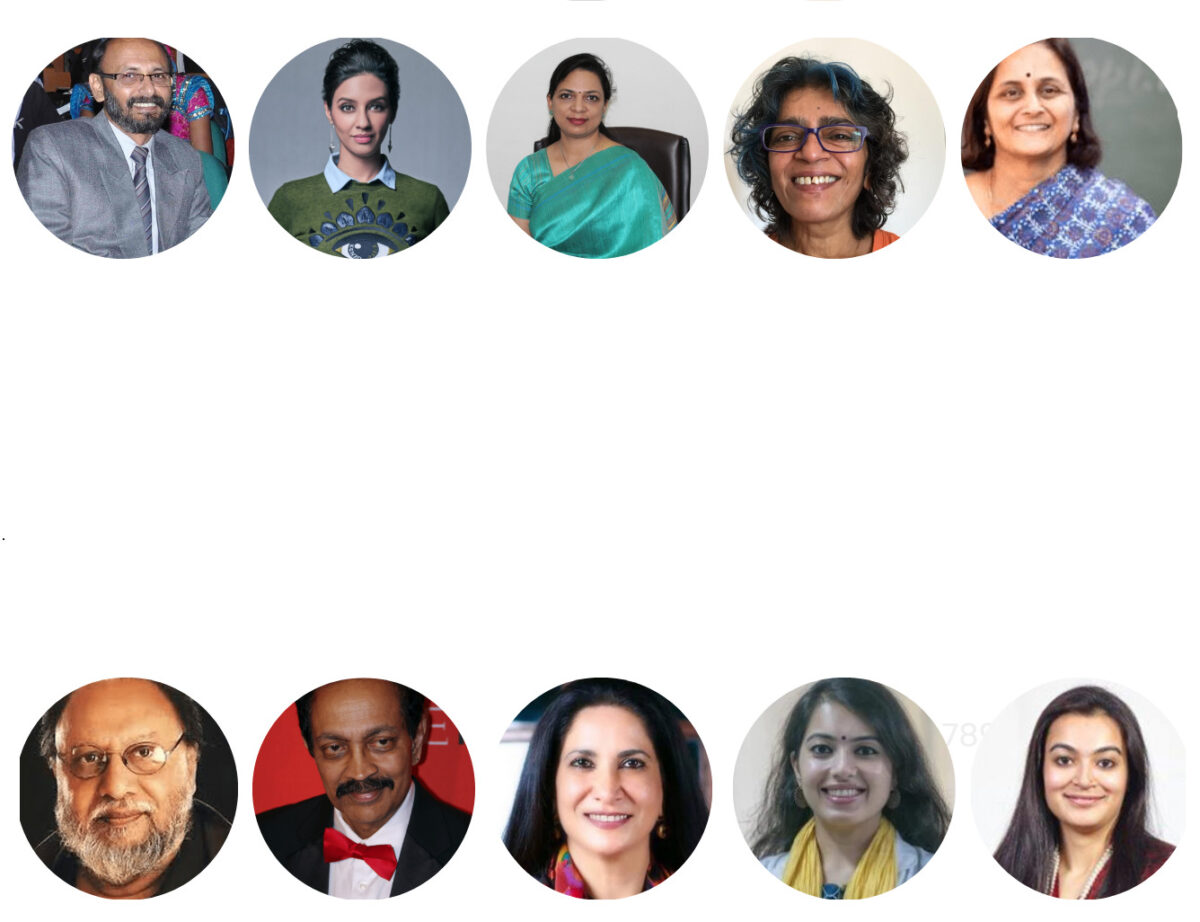Finding the Best Psychologist in Delhi: A Guide to Your Mental Wellness Journey
Finding the Best Psychologist in Delhi: A Guide to Your Mental Wellness Journey
Blog Article
Psych Therapy: A Comprehensive Guide to Outcomes and strategies

Cognitive-Behavioral Therapy
Cognitive-Behavioral Therapy (CBT) is an extensively utilized psychotherapeutic method that concentrates on identifying and customizing dysfunctional thinking and actions patterns. Developed in the 1960s by Aaron T. Beck, CBT integrates behavior and cognitive concepts to deal with different mental health and wellness issues, consisting of depression, anxiousness, and stress-related conditions.
CBT is identified by its organized, goal-oriented nature. Treatment generally entails a collaborative procedure in between the therapist and client, where certain problems are recognized, and functional techniques are developed to resolve them. Strategies such as cognitive restructuring, exposure treatment, and skill-building exercises are generally utilized. Cognitive restructuring involves challenging and altering unfavorable idea patterns, while direct exposure therapy aims to decrease worry and anxiousness through progressive direct exposure to been afraid objects or situations.
Evidence-based research study supports the efficiency of CBT for a wide variety of psychological problems - Best Psychologist in Delhi. Its emphasis on ability purchase and self-help techniques encourages clients to proceed development individually after treatment concludes. The flexibility and efficiency of CBT have actually made it a foundation in modern psychotherapeutic method
Psychodynamic Approaches
Rooted in the very early theories of Sigmund Freud, psychodynamic techniques concentrate on checking out the subconscious mind and its influence on actions and emotions. These approaches aim to discover hidden thoughts and feelings that might be driving maladaptive behaviors and mental distress. Central to this strategy is the principle of inner dispute, typically stemming from unsettled previous experiences, especially those from childhood years.
Therapists utilizing psychodynamic methods use a number of vital methods, consisting of free association, where individuals are encouraged to speak easily to disclose unconscious material, and dream evaluation, which analyzes the latent material of desires. In addition, the expedition of transference and countertransference dynamics within the restorative partnership is crucial. These interactions can supply understandings right into the person's internal world and relational patterns.
Psychodynamic therapy is usually longer-term contrasted to various other methods, supplying a detailed and deep understanding of the person's subconscious. Study shows that it can be particularly effective for complex mental health and wellness problems, such as character disorders and chronic clinical depression. By fostering self-awareness and psychological insight, psychodynamic therapy looks for to bring unconscious product to awareness, making it possible for people to attain lasting and meaningful adjustment in their lives.
Humanistic Strategies
Structure on the structures laid by psychodynamic methods, humanistic methods provide an unique perspective focused on specific possible and self-actualization. Coming from the mid-20th century, these methods prioritize the fundamental goodness and development capacity of individuals, stressing an all natural view of human experience. Key figures such as Carl Rogers and Abraham Maslow have actually dramatically affected this therapeutic strategy, which incorporates techniques like client-centered therapy and Gestalt therapy.
Client-centered therapy, developed by Rogers, plays a pivotal duty in humanistic methods. It counts on the specialist supplying an environment of genuine positive respect, empathy, and harmony. This promotes a safe area for clients to discover their feelings and experiences without judgment, promoting self-discovery and personal growth. The visit therapist's function is more of a facilitator than an authority, encouraging customers to harness their internal resources for recovery.
Gestalt treatment, one more essential humanistic technique, his response stresses existing moment recognition and the integration of body and mind. By focusing on the "right here and currently," clients get better insight into their existing emotions and habits. Strategies such as role-playing and guided visualization are usually employed to assist customers obtain a deeper understanding of themselves, inevitably resulting in improved self-awareness and gratification.
Integrative Therapies
Integrative therapies represent a synthesis of different healing techniques tailored to satisfy the special needs of each client. This method recognizes the intricacy of human psychology and the multifaceted nature of mental health and wellness concerns. By incorporating components from different schools of psychotherapy-- such as cognitive-behavioral therapy (CBT), psychodynamic treatment, and humanistic techniques-- integrative treatments offer a more alternative and versatile therapy paradigm.
Professionals of integrative treatment examine each customer's certain demands, signs and symptoms, and individual background to devise a customized therapy strategy. This customized strategy boosts the possibility for healing success by resolving the origin of mental distress and promoting overall well-being. Techniques could consist of mindfulness workouts, cognitive restructuring, and emotional processing, each picked to target various elements of the client's issues.
Moreover, integrative treatments stress the restorative relationship, viewing the client-therapist bond as a crucial part of efficient treatment. This relationship cultivates a helpful environment where customers feel secure to check out and resolve their problems. The adaptability of integrative therapies makes them ideal for a wide range of conditions, consisting of anxiety, clinical depression, trauma, and social problems, thereby raising their applicability and efficiency in varied medical setups.

Gauging Therapy Outcomes
Examining the efficiency of psychiatric therapy is vital for both clinicians and customers to guarantee that the therapy is producing the wanted results. To attain this, different approaches and tools are used to measure therapy end results systematically. Standard assessment tools, such as the Beck Depression Stock (BDI) and the Generalized Anxiety Condition 7 (GAD-7), give quantitative information on signs and symptom seriousness and adjustments over time.
Along with standard tools, qualitative techniques like customer self-reports and professional interviews use valuable insights into the individual experiences and regarded progress of clients. Frequently arranged analyses, usually at the beginning, axis, and end of treatment, assistance in tracking the trajectory of enhancement or recognizing locations needing adjustment.
Result measurement is not restricted to symptom reduction; it likewise incorporates useful renovations in day-to-day live, such as far better social partnerships, increased work productivity, and enhanced overall well-being. Modern developments in digital health have introduced mobile apps and online systems that promote real-time surveillance and responses, better improving the analysis process.
Eventually, an extensive method to determining therapy outcomes makes certain that healing treatments work, effective, and tailored to meet the specific requirements of clients, thereby maximizing the total restorative experience.
Conclusion
Humanistic methods concentrate on personal development and self-actualization, while integrative treatments combine numerous have a peek at this site methods for tailored therapy strategies. Assessing treatment end results through standardized analyses and qualitative methods guarantees a thorough understanding of effectiveness, eventually leading clients toward withstanding psychological health enhancements.
From the organized approach of Cognitive-Behavioral Therapy (CBT) to the deep exploration of the unconscious in psychodynamic treatment, each approach brings special advantages. Its focus on skill acquisition and self-help methods equips customers to proceed progress independently after therapy concludes (Best Psychologist in Delhi). Secret figures such as Carl Rogers and Abraham Maslow have dramatically affected this healing approach, which encompasses methods like client-centered therapy and Gestalt therapy

Report this page